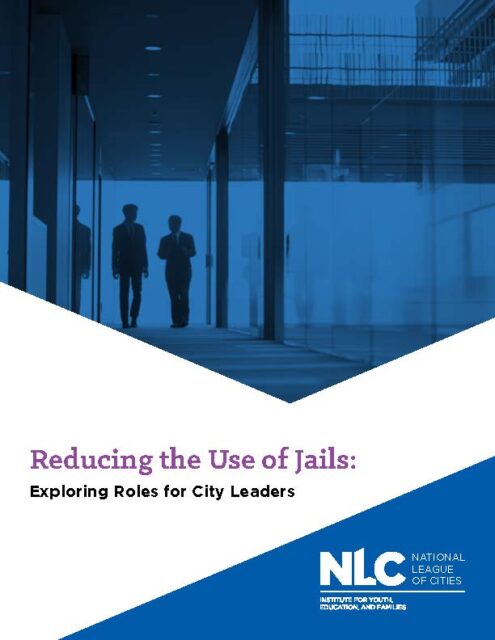Current criminal justice policies lead 11 million people to enter U.S. jails each year. The effects of short jail sentences and more commonly, pre-trial confinement, include loss of jobs and housing; stigma and disenfranchisement from criminal records; diminishment of positive police-community relations; and deteriorated health due to limited jail capacity to respond to mental, physical, and behavioral health needs.
As the nation grapples with mass incarceration, mayors and other city leaders have multiple opportunities to reduce the flow of residents into local jails. Jail overuse:
- constitutes a critical, under-addressed aspect of America’s mass incarceration crisis,
- does not markedly increase public safety, and
- worsens short- and long-term outcomes in America’s cities.
In this brief, learn how six cities developed and began to implement pilot diversion programs to reduce the use of local jails.

